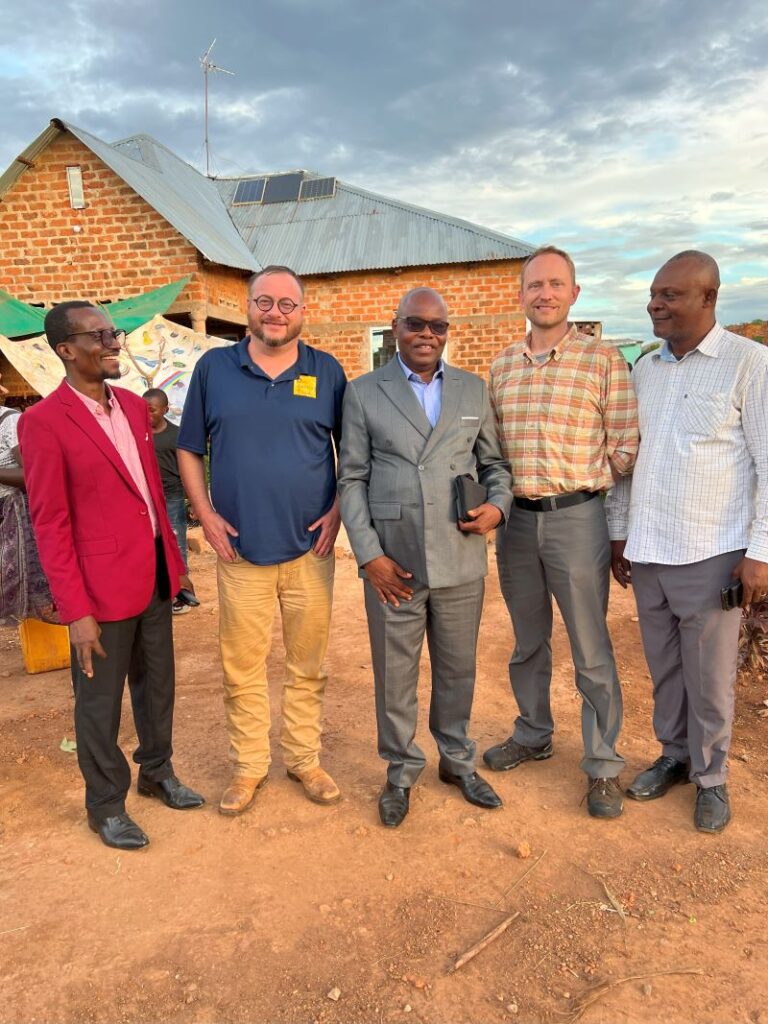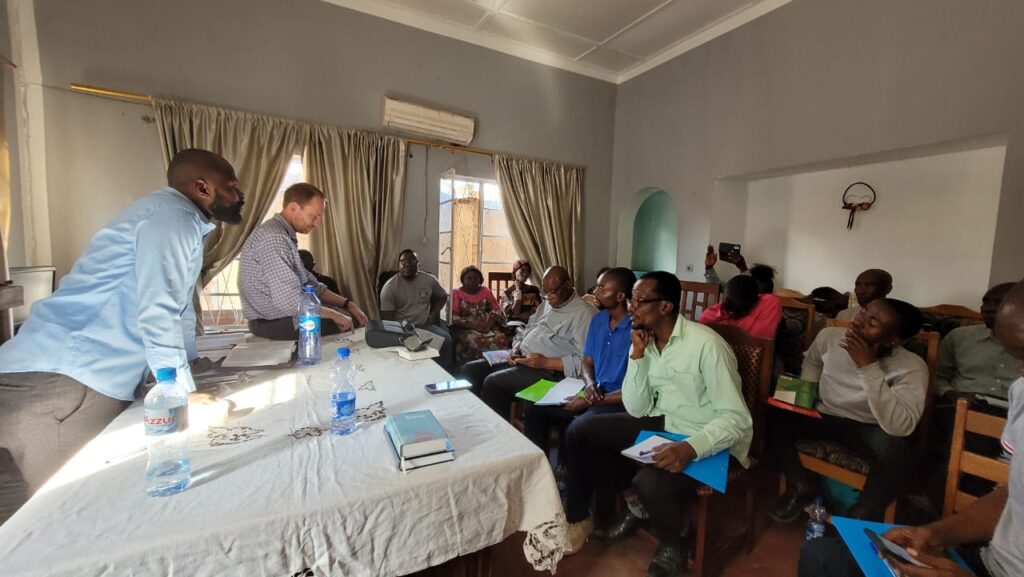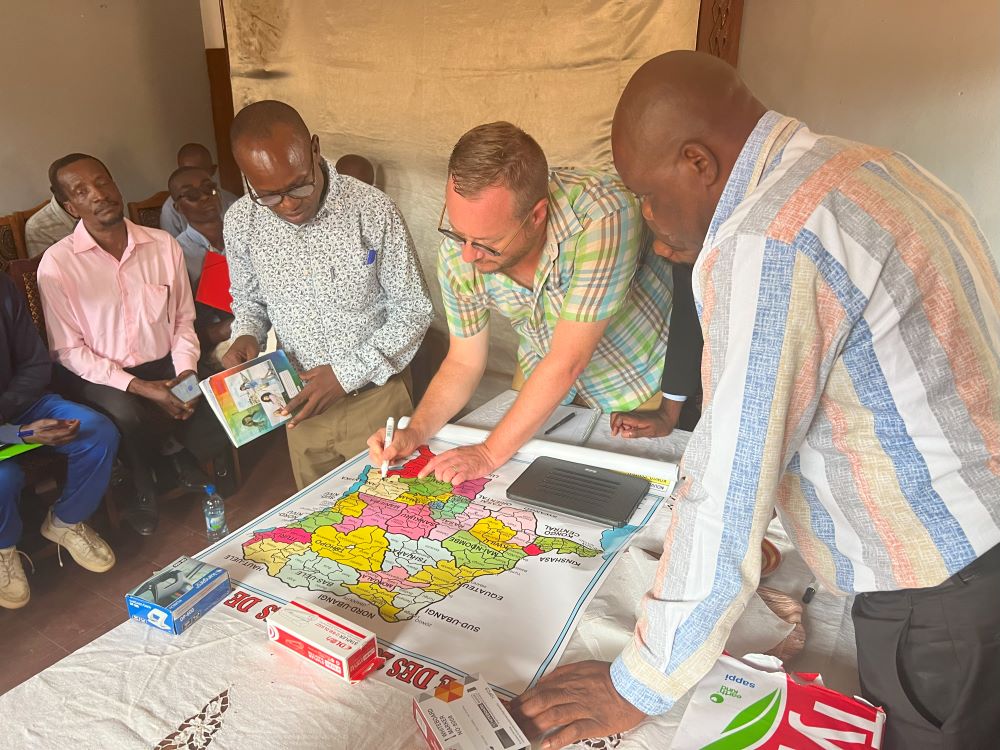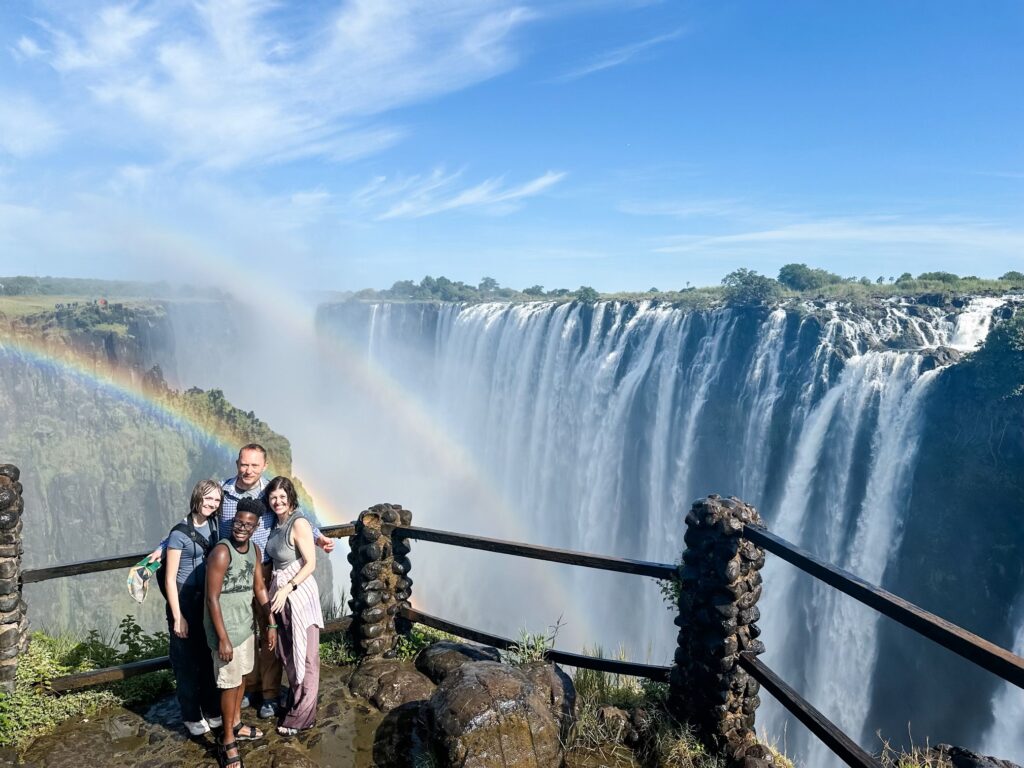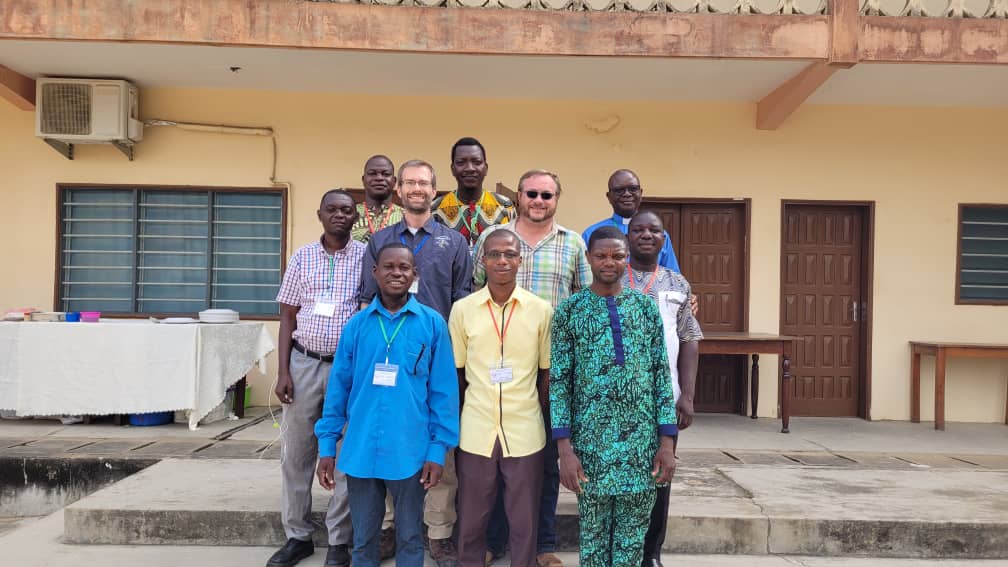We are Different
“We Are Different.” It was a saying often repeated during our time together. For two weeks, Gambela Evangelical Lutheran Church leaders studied God’s Word with Missionaries Dan Kroll and Joel Hoff. Time spent in Scripture helped the leaders become more confident in their beliefs. It also helped them better understand what made their church different from all the others in Gambela, Ethiopia.
We believe that we are saved by grace alone through faith in Jesus. We are different. We believe that we do not decide to believe in Jesus or accept him as our Lord and Savior. We are different. We believe that sin is serious and that there are serious consequences because of our sin. We are different. We believe that God’s big love was revealed to us in Jesus through whom we have forgiveness of sins and the promise of eternal life. We are different. We believe that baptism is God’s work and intended for all sinners no matter their age. We are different.
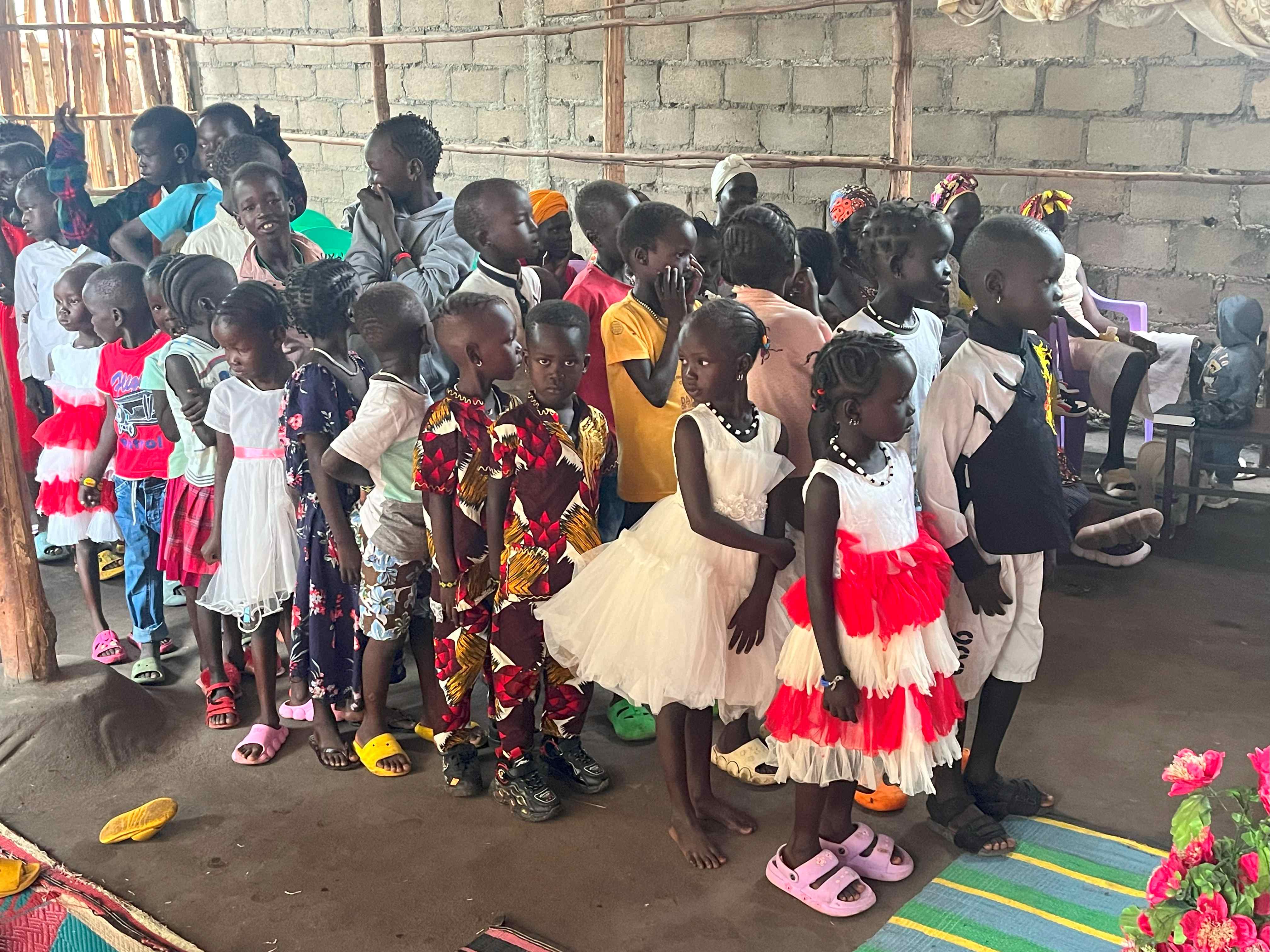
The members of the GELC were able to demonstrate this difference in confession as well as in practice. Over two days, 74 souls were baptized into God’s family. Many of those precious souls were little children. This is significant because baptizing children is unheard of in many churches throughout Africa.
From conception, the Bible describes our condition. Sinful… hostile to God… dead in sin… lost… blind… hopeless. But God makes us different through baptism. Through water and Word we are forgiven… children of God… alive in Christ… found… seeing with the eyes of faith… and clinging to the everlasting hope that is ours through our Savior Jesus Christ.
The leaders and families of the GELC believe the Word of God spoken through Peter on Pentecost when he said, “Repent and be baptized, every one of you, in the name of Jesus Christ for the forgiveness of your sins. And you will receive the gift of the Holy Spirit. The promise is for you and your children and for all who are far off – for all whom the Lord our God will call.” (Acts 2:38,39)
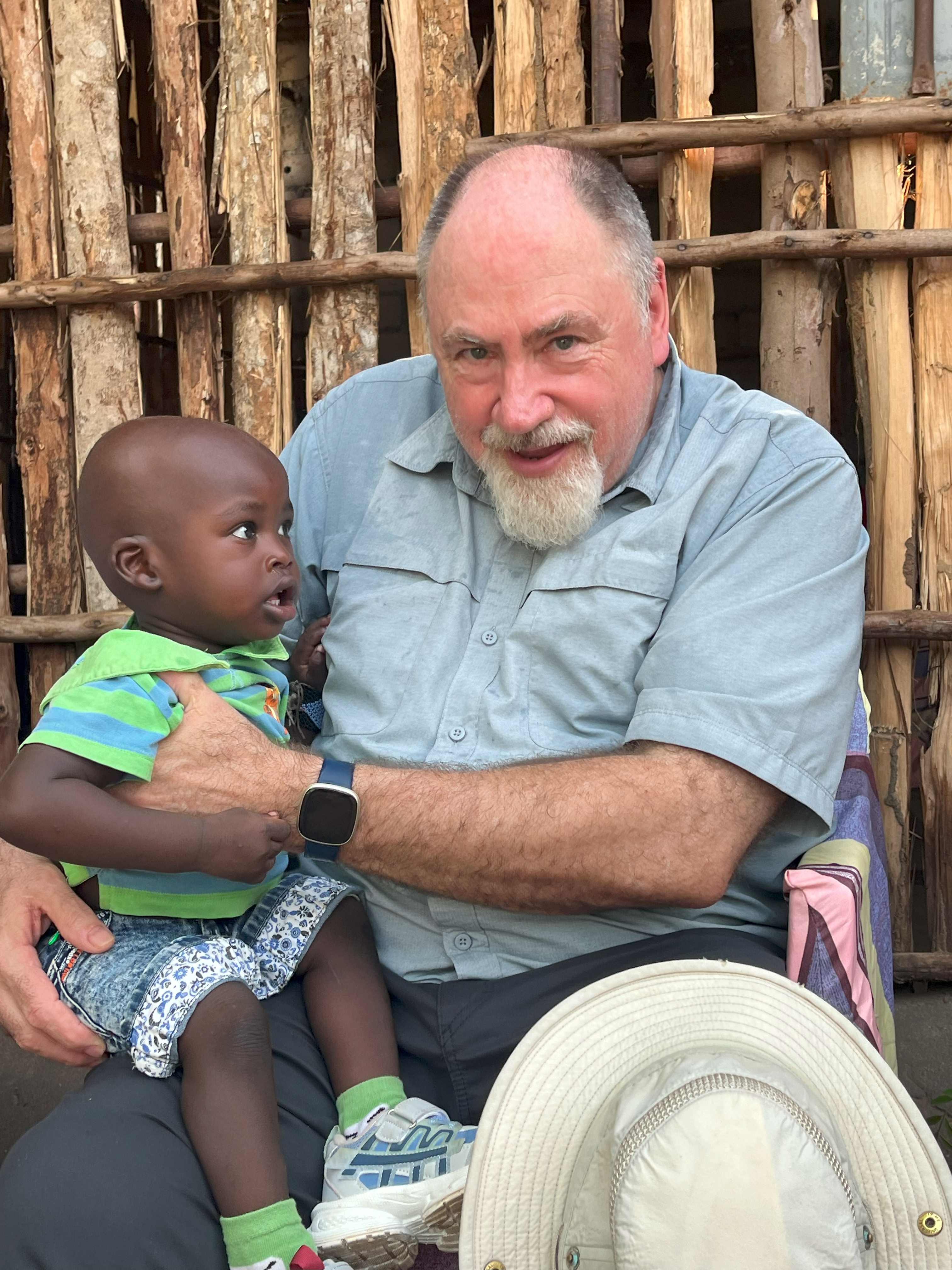
By God’s grace, the GELC church leaders will continue to study God’s Word and teach what they have learned to their members. By God’s grace, the families will continue to gather around God’s Word and impress the truths of Scripture on their children. By God’s grace, the leaders, the families, those 74 souls and we are different.
Joel Hoff lives in Lusaka, Zambia and coordinates TELL outreach. For more information visit www.tellnetwork.org
Please pray for those working in fields that are ripe for harvest. Share their story, engage with future news, and receive updates. Learn more about our mission fields in Africa and how the Holy Spirit is working faith in people’s hearts at https://wels.net/serving-others/missions/africa
